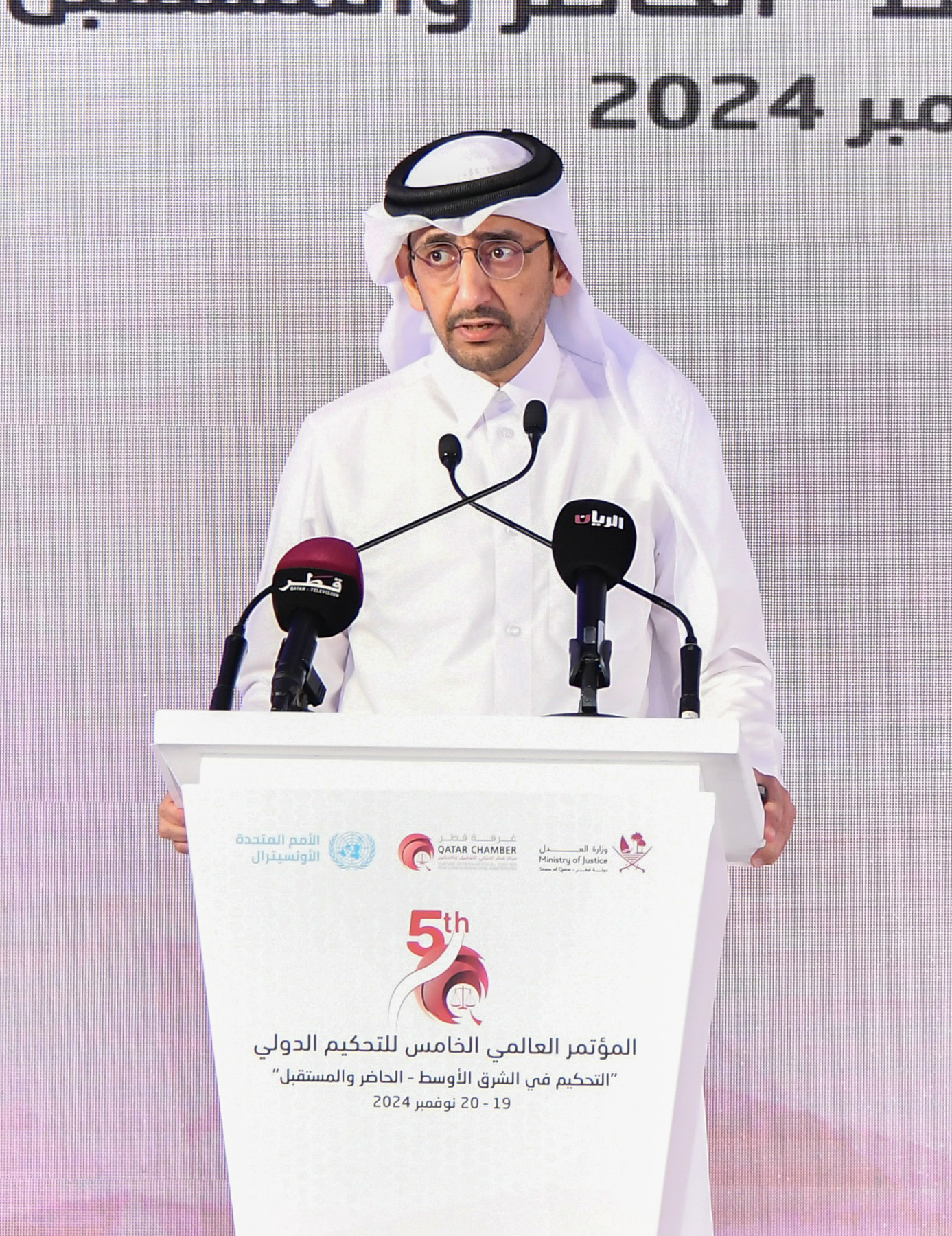
An apparent spike in suicides in Qatar’s Indian community due to financial stresses has thrown the issue of mental health back into the spotlight.
To tackle the problem, community leaders meeting later this month will be encouraged to look for signs of mental distress among their friends and colleagues, as well as offer support to those who are going through a rough time.
The upcoming meeting will convene following reports from community leaders of up to 10 Indians committing suicide so far in 2016.
The Indian Embassy in Doha could not verify this figure.
However, Arvind Patil – the president of the Indian Community Benevolent Forum in Qatar – told Doha News that the reports are causing concern among community leaders:
“We need to look at it very seriously to understand the cause behind it, why the people are taking such a harsh step to end their life,” he said.
Financial distress
Patil said he doesn’t know how the figure compares to 2015. Suicide statistics are poorly tracked in Qatar, where the subject remains taboo.
According to a report in the Gulf Times, the most recent incidents involved an individual who lost his job and was unable to pay off his bank debts as well as an entrepreneur whose business floundered.
In Qatar, cases of unpaid debts are treated as criminal offenses, which means that those who are unable to repay their loans or other financial obligations can face jail time.
Patil cautioned that the reasons why these individuals took their lives is not known.

However, he said he’s hearing of an increasing number of cases in which individuals fall into despair after taking out loans and subsequently losing their jobs.
In the past several months, organizations such as Qatar Petroleum, Hamad Medical Corp. and the Sidra Medical and Research Center have been trimming their headcount.
“This is happening in the country. If (you) notice this – someone is mentally upset – try to counsel them,” he said.
Potential solutions
Patil said he counsels individuals who find themselves in financial trouble to explore potential solutions.
For example, he encourages those who have lost their jobs to speak to the embassy as well as Qatar’s National Human Rights Committee (NHRC) and explain their situation.
Ideally, the NHRC would help the expat obtain a no-objection certificate so that they can find a new job and pay off their debt.

In the case of lower-income workers, Patil said he’s developing a plan that includes visits to labor camps where he and others will be encouraging company managers to provide recreational facilities for expats that will allow them to exercise and keep busy during their off time.
Depression
Untreated depression is one of the leading causes of suicide, Patricia Collins – a counselor at Northwestern University in Qatar – told Doha News last September.
During the 2013 launch of Qatar’s first National Mental Health Strategy, officials estimated that one in five people in the country are suffering from mental illness at any given point in time.
The plan put a heavy emphasis on improving health care services, as well as reducing the stigma around mental illness.
Human rights experts have previously said that large segments of Qatar’s expat population faces unique stresses, such as knowing family members back home are depending on them for financial support.

Amnesty International researcher James Lynch told Doha News in 2014 that the organization often encounters migrants in anguish over labor-related issues, such as an employer refusing to pay wages or allow them to leave the country and return home:
“People feel completely helpless. They may be in debt, and things may have gone really badly for them (abroad). They can’t go home and start rebuilding things. Every day, things are getting worse and they’ve lost control,” Lynch said at the time.
Domestic workers, whose movements outside their workplace is sometimes restricted by their sponsor, are particularly vulnerable.
Amnesty said in a 2014 report that domestic workers are the most frequently admitted patients to the psychiatric department at Rumailah Hospital, which is part of Hamad Medical Corp.
The 60-bed department states on its website that it makes contact with some 1,700 patients monthly. Thoughts?







